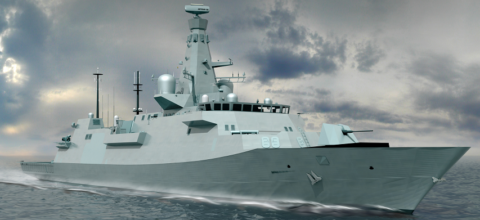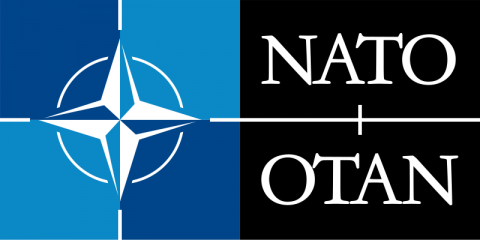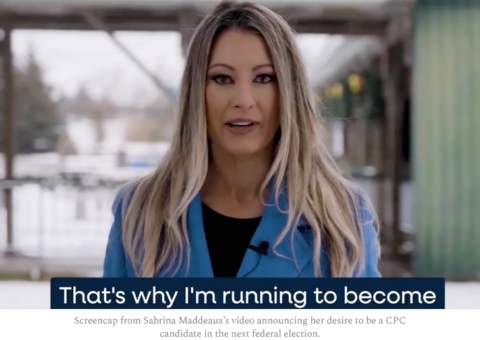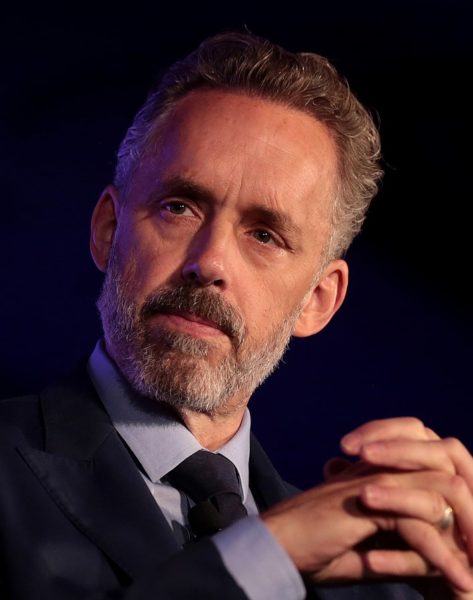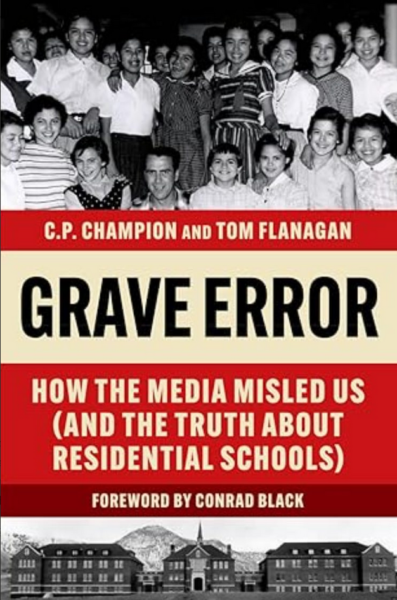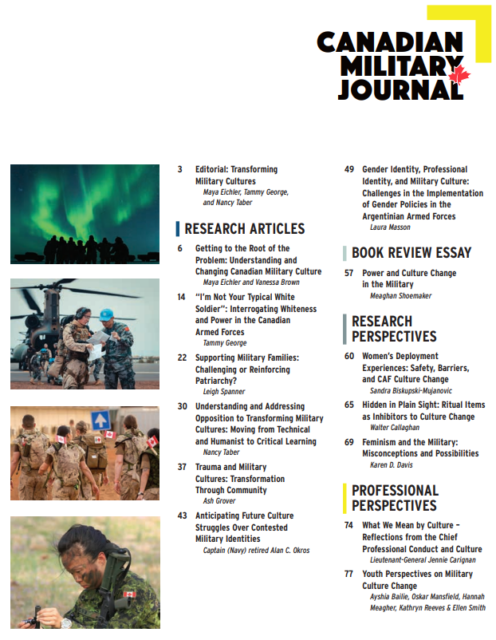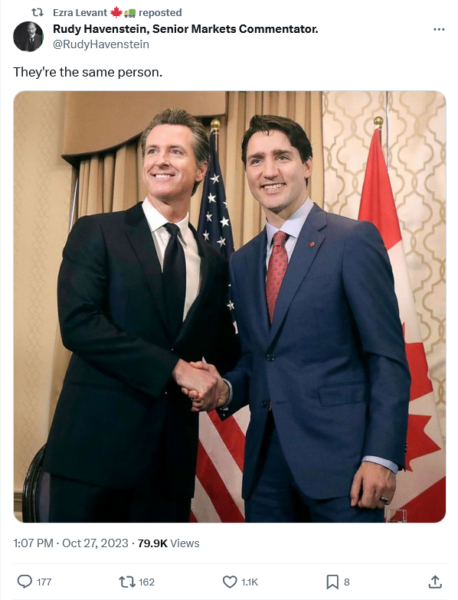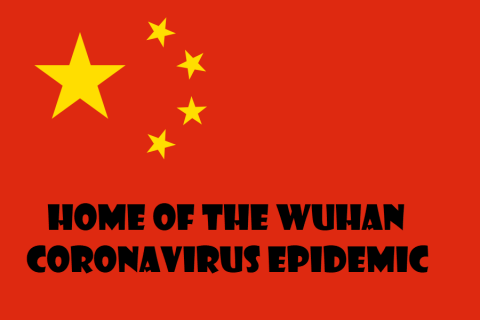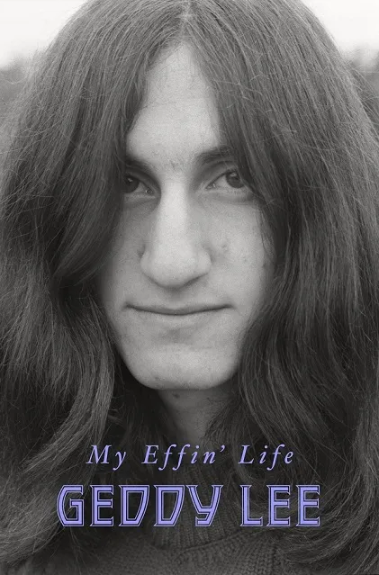In the National Post, Gad Saad offers an action plan to bring our universities back to a slightly more reality-based view of the world and prevent further postmodernist deterioration:
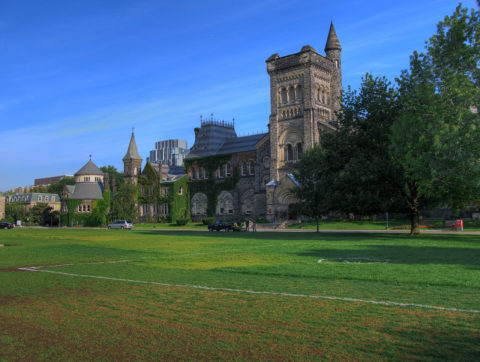
University College, University of Toronto, 31 July, 2008.
Photo by “SurlyDuff” via Wikimedia Commons.
This year, I am celebrating my 30th year as a professor. During those three decades, I have witnessed the proliferation of several parasitic ideas that are fully decoupled from reality, common sense, reason, logic and science, which led to my 2020 book, The Parasitic Mind: How Infectious Ideas Are Killing Common Sense. As George Orwell famously noted, “There are some ideas so absurd that only an intellectual could believe them”. Each of these ideas were spawned on university campuses, originally in the humanities and the social sciences, but as I predicted long ago, they have infiltrated the natural sciences, and now can be found in all areas of our culture.
These destructive ideas include, but are not limited to, postmodernism (there are no objective truths, which is a fundamental attack on the epistemology of science); cultural relativism (who are we to judge the cultural mores of another society, such as performing female genital mutilation on little girls?); the rejection of meritocracy in favour of identity politics (diversity, inclusion and equity (DIE) as the basis for admitting, hiring and promoting individuals); and victimhood as the means by which one adjudicates between competing ideas (I am a greater victim therefore my truth is veridical).
I was first exposed to this pervasive academic lunacy via my scientific work at the intersection of evolutionary psychology and consumer behaviour. Central to this endeavour is the fact that the human mind has evolved via the dual processes of natural and sexual selection. Nothing could be clearer, and yet I was astonished early in my career to witness the extraordinary resistance that I faced from my colleagues, many of whom were perfectly happy to accept that evolution explains the behaviour of every other species on earth, with the exception of humans.
Apparently, human beings transcend their biological imperatives, as they are strictly cultural beings. This biophobia (fear of using biology to explain human phenomena) is the means by which transgender activists can argue with a straight face that “men too can menstruate and bear children”. Biology is apparently the means by which the patriarchy implements its nefarious misogyny, making us all “wrongly” believe that men can on average lift heavier weights and run faster than women, notwithstanding a litany of evolutionary-based anatomical, physiological, hormonal and morphological sex differences.
According to radical feminists, these differences are largely due to social construction. Hence, a man who stands 6-4 and weighs 285 pounds can wake up one day and declare himself to be a transgender woman. Anyone who disagrees with this notion is clearly a transphobe.

